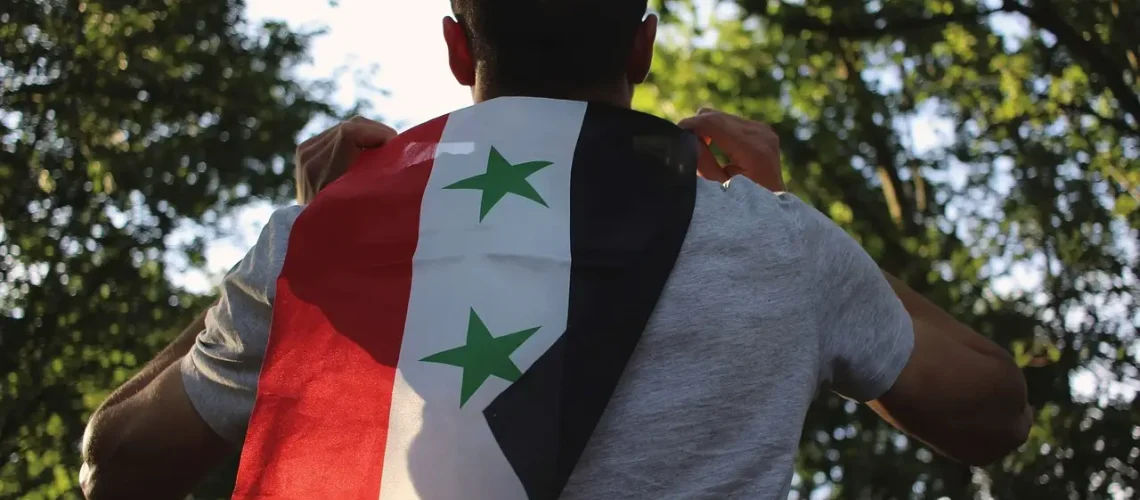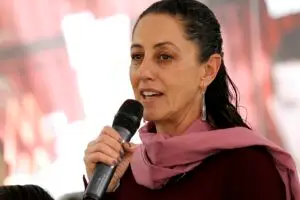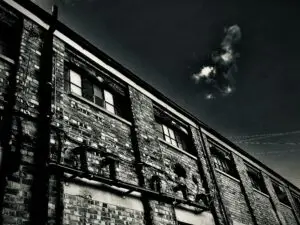Recent developments in Syria have brought two key figures into the spotlight: Abu Mohammad al-Julani, the leader of Hayat Tahrir al-Sham (HTS), and Mohammed al-Bashir, the country’s new interim president. As the world watches the unfolding fate of Syria, it is essential to examine the actors who are poised to lead the country into an uncertain future.
Abu Mohammad al-Julani: From Jihadist to Political Leader?
Abu Mohammad al-Julani, born Ahmed Hussein al-Shar’a, hails from the Israeli-occupied Golan Heights. His origins in this geopolitically sensitive region have likely shaped his political and ideological convictions, particularly his critical stance toward Israel.
Julani’s career began with his association with al-Qaida in Iraq under Abu Musab al-Zarqawi. Later, he became the leader of the al-Nusra Front, al-Qaida’s Syrian branch. In 2016, he officially distanced himself from al-Qaida and established Hayat Tahrir al-Sham (HTS), presenting it as an independent rebel group. This strategic separation was widely seen as an attempt to rebrand as a moderate and internationally palatable actor for negotiations.
Who Supports HTS?
HTS is known for its strong organization and military capabilities. It is believed that private donors from Qatar have supported the group in the past, though the Qatari government denies any official involvement. Saudi Arabia, on the other hand, has no documented ties to HTS and views the group critically due to its past affiliation with al-Qaida.
Turkey has collaborated with HTS, particularly in the strategically vital Idlib province. Ankara pursues its interests, such as securing its borders and preventing the establishment of a Kurdish state in northern Syria. Turkey also views HTS as a potential ally against Iran’s influence and the Kurdish YPG militias.
Mohammed al-Bashir: An Unknown Quantity
Little is known about Mohammed al-Bashir. His sudden rise to the interim presidency has raised questions about his legitimacy and ability to lead the country. Seen as a compromise candidate among various factions, Bashir’s strength in addressing Syria’s numerous challenges remains uncertain.
Religious Tensions and Regional Dynamics
Both Julani and Bashir are Sunnis. The religious tensions between Syria’s Sunni majority and the Shiite minority, including Alawites, remain a central fault line in the conflict. Iran, a staunch ally of the deposed Assad regime, is unlikely to collaborate with the new Sunni leadership.
Israel watches the situation in Syria warily. Julani’s past with al-Qaida and his Golan Heights origins do little to ease tensions. At the same time, HTS could be seen as a counterbalance to Iran, presenting Israel with a strategic dilemma.
The Role of the Kurds
Kurdish forces, particularly the Syrian Democratic Forces (SDF), continue to control significant territories in northern Syria. Their relationship with HTS is strained, and conflict appears likely. Turkey, an ardent opponent of Kurdish autonomy, could exploit this conflict to further weaken the Kurds.
War Crimes and Credibility
HTS has faced allegations of war crimes, including extrajudicial killings and the oppression of minorities. Julani’s efforts to present himself as a moderate leader are undermined by these reports. Many observers doubt HTS’s ability to create a free and stable Syria.
Military Strength and Financial Backing
HTS is considered Syria’s best-equipped rebel group, with an estimated 20,000 to 30,000 fighters. In addition to support from Turkey and private donors, unconfirmed reports suggest backing from other Sunni-majority countries seeking to counter Shiite Iran. The SDF and other groups, including smaller Sunni militias, have fewer resources, giving HTS a strategic advantage.
Future Scenarios
Syria’s future is fraught with uncertainty. Three potential scenarios emerge:
1.Unity under HTS: HTS consolidates power and attempts to establish a Sunni-led Syria, facing enormous challenges like integrating the Kurds and managing international tensions.
2.Continued Fragmentation: Syria remains divided into zones of influence, with HTS, the Kurds, Turkey, and other actors vying for control.
3.Renewed Civil War: Competing interests and actors could spark another civil war, especially if external powers escalate their support for rival factions.
A Country at a Crossroads
Syria stands at a historic juncture. Whether Julani and Bashir can stabilize the country and begin reconstruction is uncertain. International support will be critical, yet trust in the new leadership is minimal. Syria’s fate will be shaped by internal dynamics and regional and global interests. The coming years will reveal whether Syria can open a new chapter or remain mired in conflict and instability.
Parallels with Libya
A comparison with Libya is inevitable. Following the fall of Muammar al-Gaddafi, Libya descended into a power vacuum that remains unresolved. Rival militias, international interventions, and a fractured political system have plunged Libya into chaos for years. A similar fate looms for Syria. Regional players like Turkey, Qatar, Saudi Arabia, and Iran pursue divergent, often conflicting, agendas, further complicating an already fragile situation.
Libya’s example highlights the dangers of international interests obstructing national reconciliation. The Syrian conflict will not be resolved in isolation. Global powers like the U.S., Russia, and China will also play pivotal roles. Russia, having long supported Assad, may reconsider its strategy and seek alliances with actors like HTS to maintain influence. The U.S. might intensify its involvement, particularly in protecting its Kurdish allies.
For Mohammed al-Bashir, the challenge lies not only in uniting Syria’s various factions but also in navigating external pressures. His political inexperience may prove a liability, especially as HTS remains the dominant military force in the country.
What Does This Mean for Syrians?
For the Syrian people, who have endured over a decade of war and hardship, hope remains scarce. The economy is in ruins, infrastructure lies in tatters, and millions continue to live as refugees abroad. Reconstruction will take years, if not decades, and without stable leadership, Syria will struggle to secure the international support necessary for rebuilding.
A Glimmer of Hope
Yet, a glimmer of hope persists. If Bashir and Julani adopt an inclusive approach and manage to bring internal and external stakeholders to the table, Syria could have a chance at stability. This will require tremendous effort, clear political will, and the readiness to overcome deep-seated animosities. While the odds seem slim, this remains the only viable alternative to further destruction and suffering.
Photo: Bild von un-perfekt auf Pixabay






